Asexual Pride? Wokesters have lost the plot
London’s Pride now celebrates trans, kink and asexuality, all while denigrating lesbians.

Want to read spiked ad-free? Become a spiked supporter.
As any self-respecting gay, lesbian or bisexual will attest, there is little to be proud of at Pride parades these days. Last Saturday’s ‘Pride in London’ event featured the usual dismal display of bank staff waving stiffly from corporate floats, ropey drag queens and sweaty fetishists in PVC dog masks.
As if to underscore the point that Pride is no longer a protest against actual prejudice, this year’s march was fronted by Instagram influencer Yasmin Benoit, a woman who identifies as asexual. London mayor Sadiq Khan managed a rictus grin as he stood next to her, as she posed in fishnets and a plasticky bikini. An 80-inch electric billboard featuring Benoit’s image was displayed in Piccadilly Circus alongside the slogan ‘Asexuals Assemble’. Quite how not wanting a shag relates to the discrimination faced by lesbian women and gay men remains unclear.
Meanwhile, there was a smaller event being held in solidarity against real discrimination. Around the corner from the 32,000-strong Pride parade, a group of roughly 150 lesbians gathered at Parliament Square to protest against the intrusion of trans ideology into what used to be an event about homosexual people. These were actual lesbians – ie, people with fannies who are exclusively attracted to other people with fannies. They carried homemade banners and gave heartfelt speeches. They had no brand sponsorships, billboards and no celebrity endorsement. Khan did not drop by for a photo-op. Organisers even had to make the arrangements in stealth to avoid attracting the attention of trans activists, who routinely send threats and try to disrupt women-only meetings like this. To the older women involved, this brought back memories of the homophobia they experienced in their youth.
Jenny Watson, the LGB activist who coordinated the lesbian march, says she spent months meticulously planning the event. This included paying for security, conducting risk assessments and working with the police and the council. Yet on the day, police officers didn’t seem to care that permission had been granted. They tried to move the group on, urging the women to join the main Pride parade instead. Obviously, this would have been disastrous. As lesbians who reject the idea that women can have penises, the attendees at Watson’s women-only march would have been branded as ‘TERFs’ (trans-exclusionary radical feminists), which would have effectively put targets on their backs.
Watson tells me she felt her event had been ‘sabotaged by the authorities’. ‘Despite presenting all necessary documentation and coordinating with the police, our voices were dismissed’, she says. Notably, Pride in London enjoys active support and representation from police forces. Scotland Yard told the BBC ahead of the event that hundreds of officers from the Metropolitan Police were due to attend.
Resistance to mainstream Pride events is building from within LGB communities. Victoria, a lesbian who detransitioned after identifying as a transgender man, tells me: ‘The less Pride serves us, the more women will organise elsewhere. I see this new space as the start of a lesbian renaissance, a beacon of a positive, growing movement for lesbians everywhere. Sisterhood is back, and she’s a dyke.’
This certainly takes a great deal of bravery. To come out and publicly refuse to accept trans ideology is to risk your friendships, careers and even safety. In particular, those who are same-sex attracted then find themselves ousted by the very organisations that once supported them.
This is exactly what happens when real lesbians attempt to organise separately from trans activists. In 2018, lesbian feminist group Get the L Out marched to the front of Pride in London with banners reading ‘lesbian not queer’ and ‘trans activism erases lesbians’. They were pilloried in the mainstream LGBT press. Pride in London even condemned the women as showing ‘bigotry, ignorance and hate’. Other protests at Pride events across the UK have been met with similar hostility and sometimes even violence. This is the kind of real discrimination that asexual influencers will never experience. They will never know such fear or social opprobrium for being proud of who they are.
Half a century ago, homosexuals who dared to organise Pride parades faced harassment from police officers and from passersby. Gay men knew that, outside of such spaces, the cry of ‘queer’ might quickly be followed by a boot to the head. Lesbians understood that to reach for a lover’s hand in public was a risk. Pride in London and the modern ‘queer’ movement it represents has resurrected this despicable homophobia. Thankfully, there are now lesbians breathing life into the fightback.
Jo Bartosch is a journalist campaigning for the rights of women and girls.
Picture by: X.
To enquire about republishing spiked’s content, a right to reply or to request a correction, please contact the managing editor, Viv Regan.

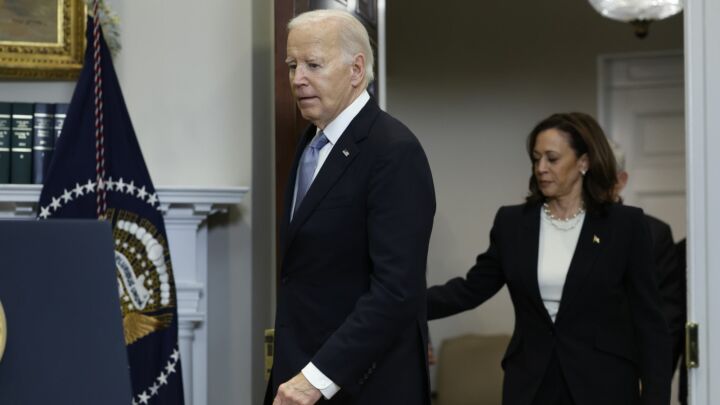
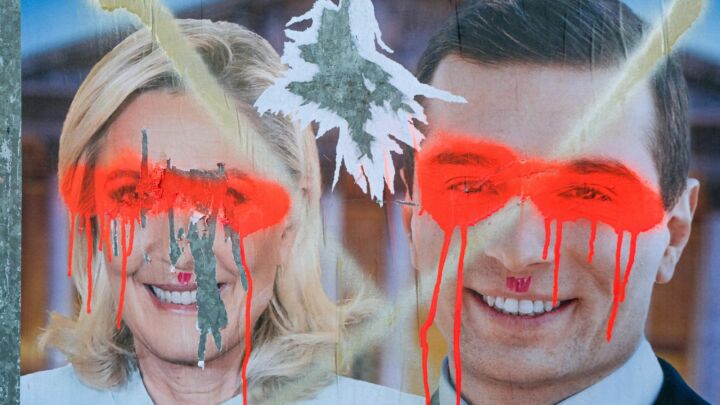

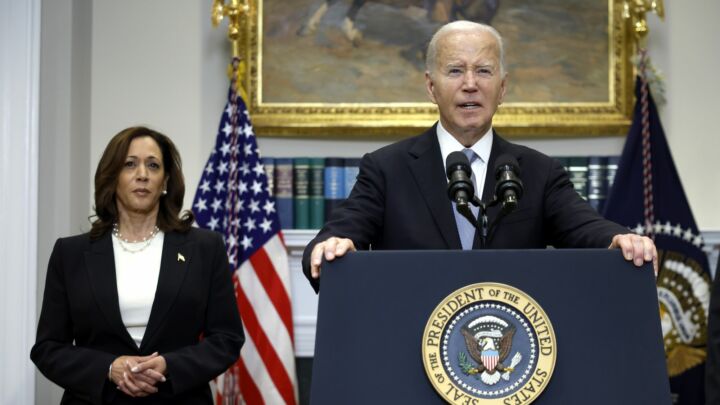
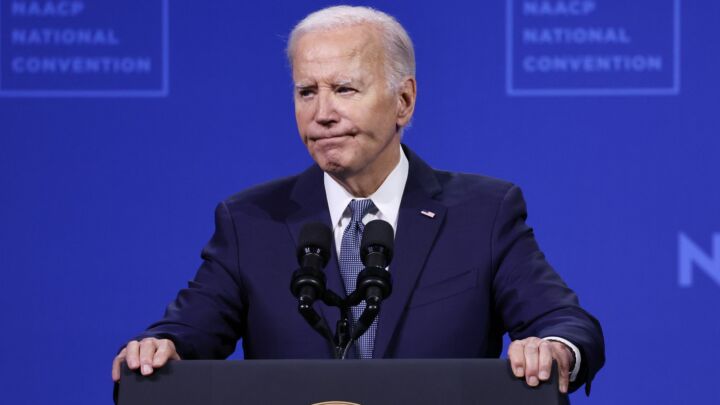
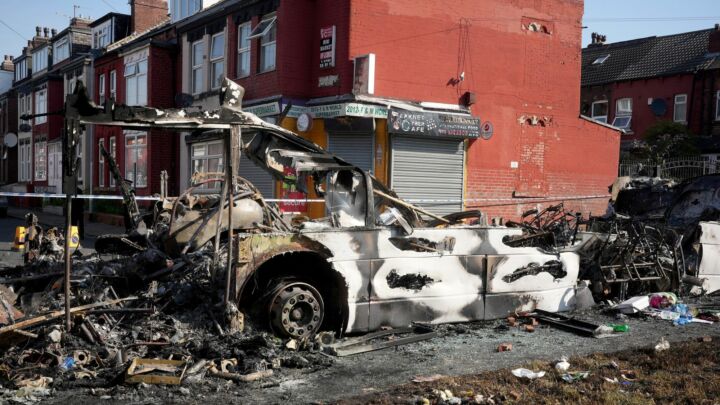
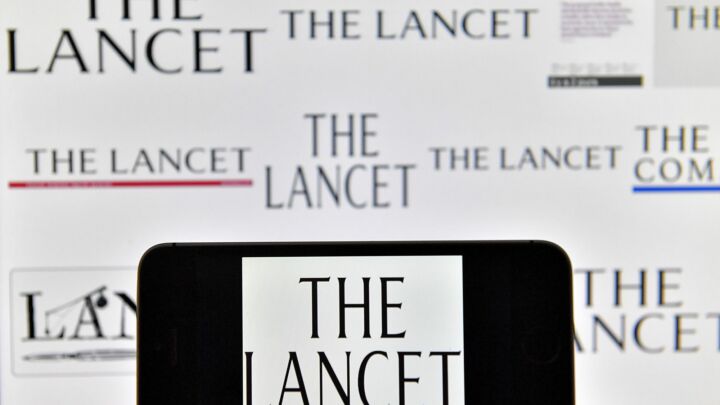

Comments
Want to join the conversation?
Only spiked supporters and patrons, who donate regularly to us, can comment on our articles.